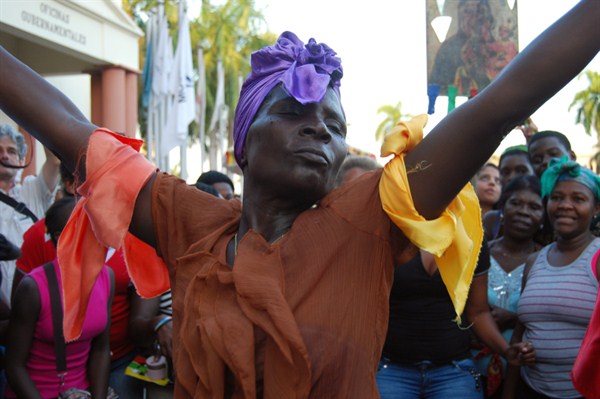In September 2013, the Dominican Republic’s Constitutional Court ruled that Juliana Deguis Pierre, who was born in the country to Haitian parents in 1984 and registered as Dominican at birth under Dominican law in effect at the time, should be retroactively deprived of Dominican nationality due to her parents’ migratory status. The decision touched off a political and humanitarian crisis that stretches beyond the island nation’s borders and deep into its political, economic and social history. By judicial fiat, thousands if not hundreds of thousands of undocumented individuals like Pierre were definitively stripped of Dominican nationality, with no immediate indication of an alternative protective status and no further recourse. As in many countries, the lack of documents like birth certificates and identity cards exposes them to immigration control measures, including the risk of detention and expulsion, and severely restricts their access to rights in the Dominican Republic.
The court rendered its decision in the form of a collective action, ordering the national agency in charge of birth registration to examine all birth registries dating back to 1929 and to identify for denationalization all persons who were allegedly improperly registered. President Danilo Medina worked with lawmakers after the ruling, presenting and ultimately securing the May 2014 passage of legislation designed to respond to the political and humanitarian fallout. Unfortunately, the law failed to fully remedy the situation, leaving thousands of those affected in a state of legal uncertainty.
The ruling, along with key aspects of the implementing law, was deemed contrary to the American Convention on Human Rights by the Inter-American Court of Human Rights (IACHR) a few months later. The Dominican Constitutional Court then declared unconstitutional the instrument by which the Dominican Republic recognized the regional body’s competence, in what some consider a swift and politically motivated response to the IACHR decision.

